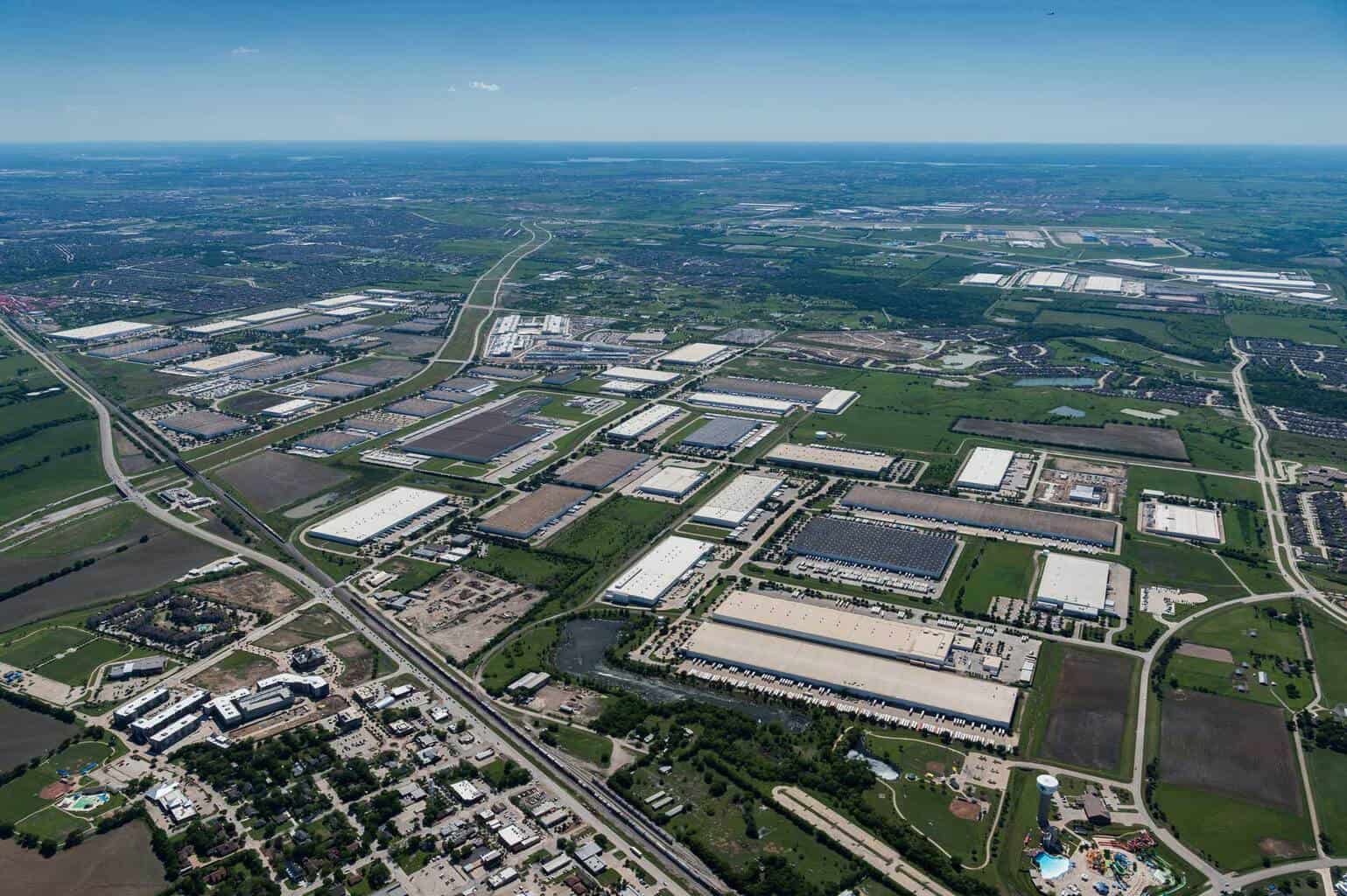Industrial real estate developer Hillwood has announced the establishment of a Mobility Innovation Zone in Alliance, Texas, as part of its push to create a cutting-edge center for developing futuristic transportation technology. In Alliance, Hillwood has developed a 26,000-acre master-planned community and inland port north of Fort Worth, bringing in nearly $76 billion in economic impact and creating 62,000 jobs over the years.
The Mobility Innovation Zone is Hillwood’s trump card, as it recognizes the rise of futuristic transport models and technology, and envisions the region to be at the “epicenter of growth and ingenuity” by providing innovators with transport infrastructure, world-class amenities and access to a skilled workforce. AllianceTexas is currently home to Fort Worth Alliance Airport, BNSF Railway’s Alliance Intermodal Facility, FedEx Southwest Regional Sort Hub, Amazon Air’s newest regional air hub, and others.
To expedite the innovation zone’s creation, Hillwood has partnered with Deloitte’s Future of Mobility Global Practice team to develop a strategy and business model to maximize the space’s potential. “Deloitte’s work with Hillwood to develop a transportation innovation sandbox underlies our commitment to convening an ecosystem to build the Future of Mobility at AllianceTexas. AllianceTexas offers a unique platform to test and scale integrated mobility solutions – both on the surface and in the air,” said Scott Corwin, managing director and Global Future of Mobility Practice Leader, Deloitte Consulting LLP.
In many ways, the future of transportation is dictated by companies from different segments – logistics, ecommerce, on-demand mobility, original equipment manufacturing, and even software, as consolidation is bringing in innovation to transportation from different avenues.
Hillwood has been receptive to collaborative efforts with companies to develop and test technology in its infancy. For instance, Hillwood is developing the North Texas infrastructure platform for Uber Elevate’s Skyports. This is critical to the commercialization of on-demand copter-hailing, as apart from the technology itself, it involves the development of standards, an elaborate network for landing infrastructure, topography studies and a myriad of test-runs before it can get the regulatory nod.
The Uber Elevate project was launched three years ago, with the intention of developing a system of electric take-off and landing (VTOL) aircraft that can ease traffic in heavily congested urban spaces. Uber announced in the first week of June that it will offer eight-minute flights in New York.
Uber’s Skyport infrastructure platforms are built to be landing stations for Uber Air operations, with Uber mentioning that Skyports are engineered to handle up to 1,000 landings per hour. Hillwood’s Frisco Station and AllianceTexas are the initial testing grounds for Uber’s aviation mobility technology.
“We are proud of the relationship we’ve built with Hillwood and all the unprecedented opportunities that come from working with a leading developer with like-minded views,” said Wyatt Smith, head of business development at Uber Elevate. “At more than 26,000 acres, including direct access to Fort Worth Alliance Airport and the region’s vast array of airports and transportation hubs, AllianceTexas offers a big canvas to develop, test and refine our advanced mobility technologies to create next-generation transportation options for the growing population of Dallas-Fort Worth.”
That apart, Hillwood is also investing in replicating the 5G broadband technology that it has installed at its Frisco Station in AllianceTexas. This will vastly bolster its bid to be a testing space for connected and autonomous vehicle technology, because they require signals to be sent to and received from the cloud in real-time. Notably, 5G technology far outstrips the speed of its predecessor 4G, while also reducing data latency.
Currently, two use cases have been planned at the AllianceTexas innovation zone – one automates container movement via self-driving trucks moving along a smart road system, and the other establishes an “aerial proving ground” that will help regulators ascertain utility and safety of drones before they are integrated into the National Airspace System (NAS).










